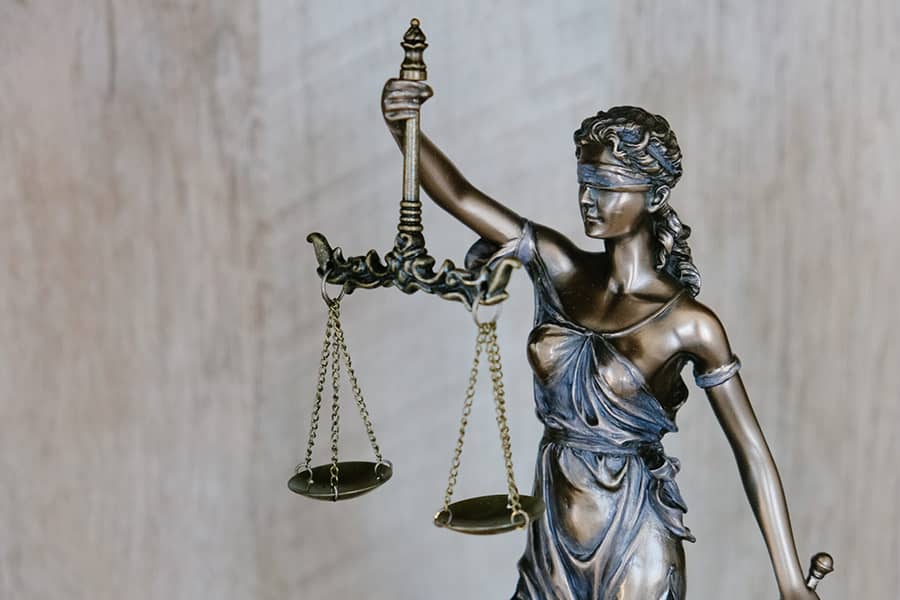Legislation in the area of money laundering, corruption and forced labor is becoming stricter and stricter. Not surprising, given the many scandals and all the social outrage about them. What are the latest legislative developments in these three areas? We list them for you.

1. Money Laundering
Just a few of the papers from the past six months: A mega fine for Standard Chartered for money laundering and breaching sanctions, an even higher fine for Unicredit and Latvian banks that are under the magnifying glass after a series of money laundering scandals. Partly because of such events, the EU is stepping up its Anti-Money Laundering Directives (AMLDs).
Fourth AML Directive
The fourth AML Directive (AMLD4) has, as may be known, been implemented in the Netherlands some time ago. The most important thing from this directive is the introduction of the pseudo UBO. In other words, for each entity, at least one natural person must be designated as the ultimate beneficial owner (UBO).
Fifth AML Directive
By 2020, the fifth AML Directive must be in force in the Netherlands. It builds on AMLD4 and expands the rules to prevent money laundering and the financing of terrorism. As of the implementation, certain crypto service providers, among others, also fall under the Prevention of Money Laundering and Terrorist Financing Act (Wwft).
Thanks to AMLD5 we've seen the birth of the frequently discussed UBO register. Personal data of UBOs of entities established in the Netherlands must be registered in the public UBO register of the Chamber of Commerce as of 2020.
In addition, AMLD5 sets further requirements for enhanced customer due diligence for business relationships and transactions in high-risk third countries, drafted by the EU and FATF committees.
Sixth AML Directive
By June 2021, all EU countries must have transposed the sixth AML Directive, which is currently under development, into national law. AMLD6 expands the list of atypical crimes such as environmental crimes and cybercrime and expands the criminal liability of legal persons.
2. Corruption
In the areas of anti-bribery and anti-corruption, lawmakers around the world are also increasingly trying to close the net.
Checklist Financial Intelligence Unit Netherlands
The most important recent development in this area is the checklist of the Financial Intelligence Unit Netherlands. This is a list of 72 instructions and tools that should help banks, accountants, tax specialists and trust offices in, for example, detecting corruption and bribes.
Now that the Financial Intelligence Unit Netherlands checklist has been published, the wait is on for Dutch legislation on corruption and bribery. After all, many countries already have specific Anti-Bribery and Anti-Corruption (ABAC) regulations, think of the French Sapin 2 law, the American Foreign Corrupt Practices Act (FCPA), the British UK Bribery Act and the Brazilian Clean Company Act.
3. Forced labor
While forced labor is of an entirely different order than money laundering and corruption, it is no less topical. Just think of all the scandals surrounding electronics factories in China and garment factories in Bangladesh. We would like to highlight two developments.
UK Modern Slavery Act
The UK Modern Slavery Act of 2015 requires companies doing business in the UK to publish an annual forced labor statement. This states whether they have taken measures to prevent slavery and human trafficking in their supply chain. Have your company taken measures? Then you must describe them meticulously. This therefore places higher demands on supplier due diligence for Dutch companies trading in the UK.
Social compliance
Social compliance is the increasing pressure exerted, for example by consumers and NGOs, on companies to do business in an ethical way and to demand this of suppliers and other business partners. This social pressure is an extension of legislative pressure from laws such as the UK Modern Slavery Act and the California Transparency in Supply Chains Act.
Do you meet not only the requirements of the legislator, but also those of society? Then you are socially compliant as a company. Social compliance is therefore not (only) about a check in the box approach, but about a proactive compliance approach.
Compliant and beyond
You have to be compliant. Beyond compliance is what you want to be in 2019, as we write in our article 'Beyond compliance: six clear advantages'. And that can be done quickly and effectively with the compliance solutions from Altares Dun & Bradstreet.
The world's largest business database
In the Dun & Bradstreet Data Cloud for example, you can find company data on more than 330 million companies worldwide. The world's largest corporate database contains data and derived analytical insights on entities, related international beneficial ownership structures, UBOs, sanctions and PEP lists, among others.
Do you use this up-to-date and verified data in real time in your compliance process? Then you can comply with domestic and foreign legislation. Protect your organization against risks in the areas of money laundering, bribery and forced labor. So that you avoid unwanted surprises.
